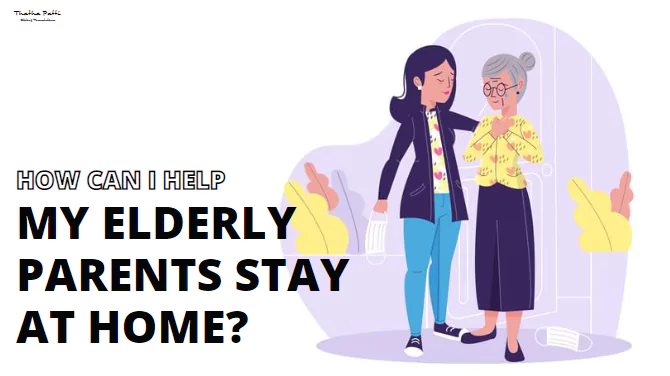- June 01, 2023
- Bedridden patient care
Tips for bedridden patient Care

When a person is bedridden, it means they are unable to leave their bed due to an injury, illness, or disability. Taking care of a bedridden patient can be a challenging task, but it is essential to provide them with the necessary care and support to maintain their health and comfort.
Here are some tips for bedridden patient care:
-
Regular repositioning: Bedridden patients are at risk of developing pressure sores, which can be painful and lead to infections. To prevent pressure sores, it is crucial to reposition the patient every two hours to relieve the pressure on different parts of the body. You can use pillows or cushions to support the patient's body and avoid friction.
-
Maintaining hygiene: Bedridden patients are prone to infections, and maintaining proper hygiene is essential to prevent them from getting sick. Regularly change the patient's bed linens, keep the area around them clean, and help them maintain personal hygiene, such as bathing and brushing their teeth.
-
Providing proper nutrition: A bedridden patient's nutritional needs are different from an active person's needs. They need a balanced diet that provides them with the necessary nutrients to maintain their health. Speak with a nutritionist or doctor to create a meal plan that meets the patient's needs, and ensure they are receiving enough fluids to prevent dehydration.
-
Monitoring medication: Bedridden patients often require medication to manage their condition, and it is essential to monitor their medication schedule and ensure they take it on time. Keep a record of the patient's medication, and communicate with their doctor if you notice any changes in their condition.
-
Assisting with physical therapy: Depending on the patient's condition, physical therapy may be necessary to maintain muscle strength and prevent muscle atrophy. Work with the patient's physical therapist to develop a safe and effective exercise routine, and assist the patient with performing the exercises.
-
Promoting social interaction: Bedridden patients may feel isolated and lonely, which can negatively impact their mental health. Encourage friends and family members to visit the patient, or consider arranging virtual visits if in-person visits are not possible. Additionally, provide the patient with activities to keep them engaged and entertained, such as books, puzzles, or movies.
-
Monitoring mental health: Being bedridden can take a toll on a person's mental health, and it is essential to monitor the patient's emotional well-being. Check in with the patient regularly, and encourage them to express their feelings. If necessary, arrange for a mental health professional to speak with the patient.
-
Ensuring safety: Bedridden patients are at risk of falls and other accidents, and it is crucial to ensure their safety. Keep the area around the patient's bed clear of obstacles, ensure the bed is at a comfortable height, and provide assistive devices such as bed rails or a lift if necessary.
-
Providing comfort: Bedridden patients may experience discomfort or pain, and it is essential to provide them with comfort measures. Use pillows or cushions to support the patient's body and relieve pressure points, provide blankets to keep them warm, and ensure they have access to items such as tissues, water, and a call button.
-
Seeking help: Taking care of a bedridden patient can be overwhelming, and it is essential to seek help when needed. Speak with the patient's doctor or a healthcare professional for advice, and consider hiring a professional caregiver to provide additional support.
In conclusion, taking care of a bedridden patient requires patience, compassion, and attention to detail. By following these tips, you can provide the patient with the necessary care and support to maintain their health and comfort. Remember to take care of yourself as well and seek help when needed.





